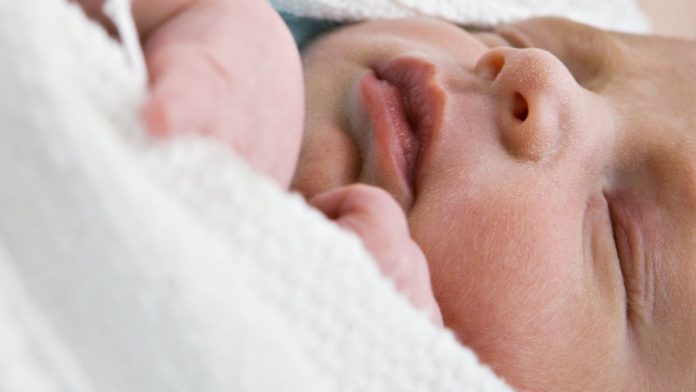THE academic results of children born though assisted reproductive techniques(ART) were no better or worse than those of other adolescents, says a new study.
THE Danish study is reassuring news for the 150,000 Australians born through ART, including IVF.
Presented at the European Society of Human Reproduction & Embryology Conference in Lisbon, the study analysed 8251 children conceived by ART and born in Denmark between 1995 and 2000. The children, 3260 of whom were twins and 4991 single births, were compared with all twins (10,833) born in Denmark during the same time and a randomly selected group of naturally conceived single births (10,499). Their ninth grade academic performance, when they were aged 15-16, was compared. The researchers found no differences between the groups, and also found the ART “singletons” and ART twins also had comparable test scores. “The higher rate of twins and pre-term birth in ART singletons might have given rise to lower academic test scores,” said Anne Laerke Spagnmose Pedersen from Copenhagen University Hospital’s fertility clinic. “But our results now confirm smaller studies which have shown no difference in IQ between ART and non-ART children. “All our four study groups had test scores very close to the average, which is reassuring, and shows the high validity of the study.” Melbourne’s IVF medical director, Dr Lyndon Hale, said the significant findings support the organisation’s research about the health outcomes of IVF conceived children. The 2014 study found adults conceived through IVF had grown up as healthy individuals, comparing well to those conceived spontaneously.
